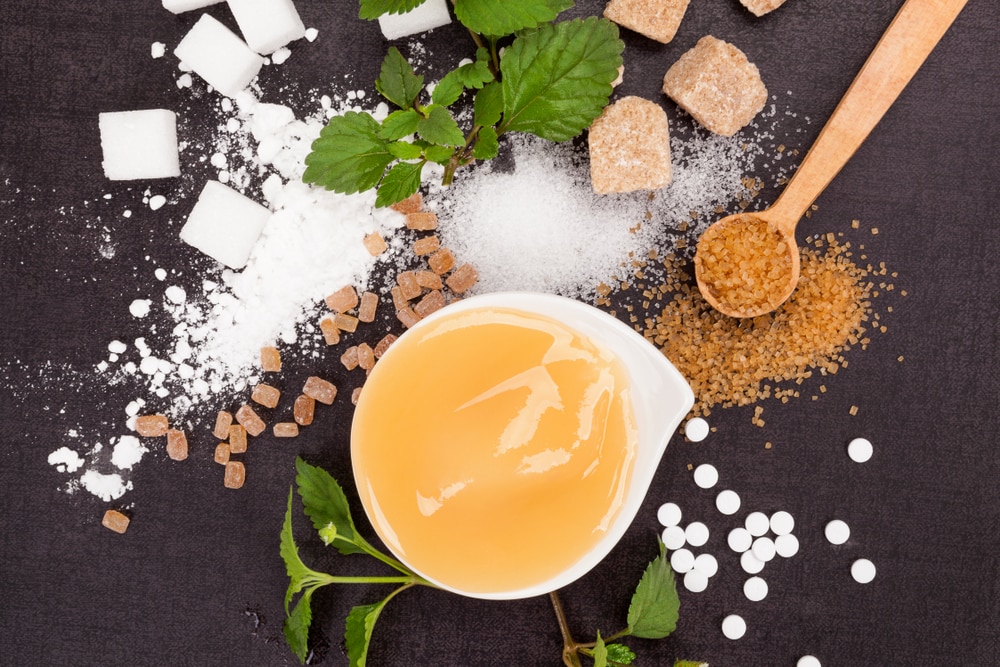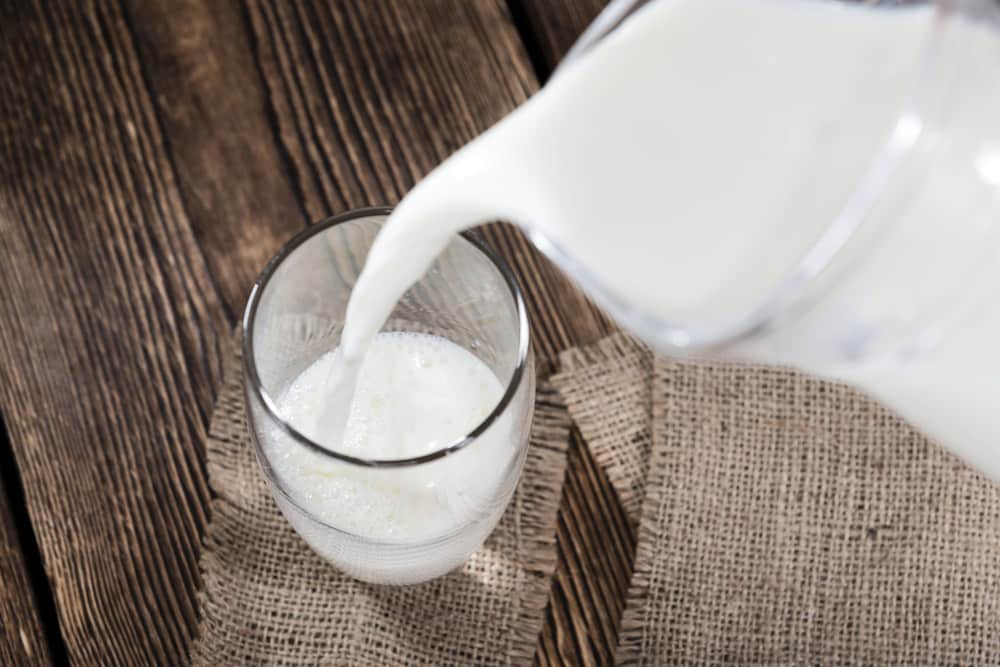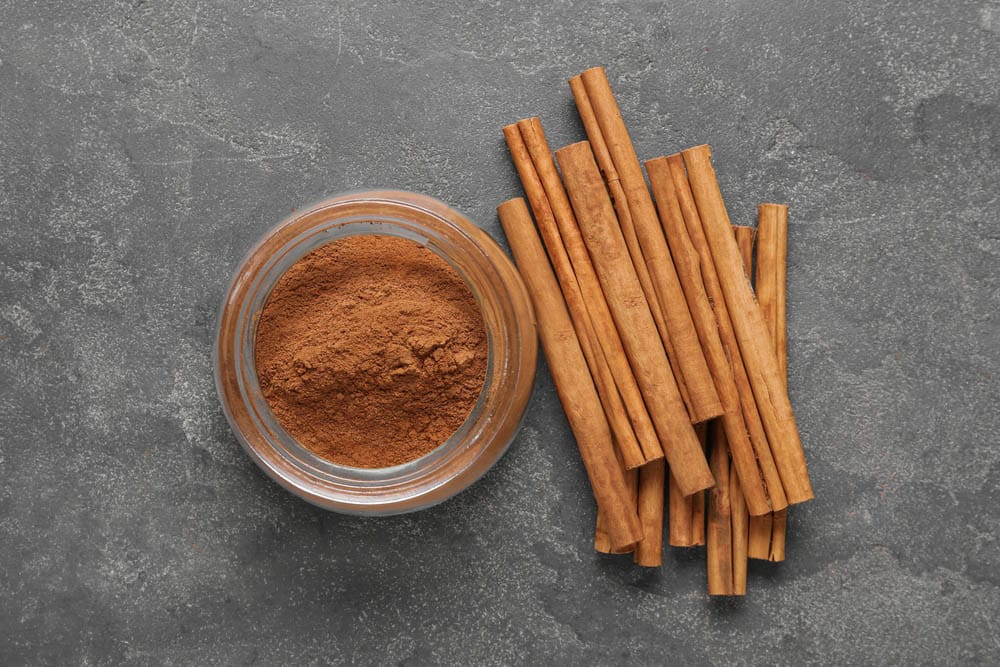
Yogurt is a healthy addition to our diets as it’s a great source of protein, calcium, vitamins such as B12, and gut-friendly probiotics that aid digestion and boost immunity. The plain, unsweetened options make a filling snack for those seeking to lose weight.
However, unsweetened yogurt is known for its tartness that can verge on sourness, especially if it has been stored in the fridge for too long.
We know, though, that it is healthier to buy plain, unsweetened varieties and add a little sweetening of your own than to buy the sweetened types that contain loads of sugar, colorants, and preservatives.
Another option is to make your own yogurt at home. In this article, we’re going to be showing you how to tone down the sourness a little and make this healthy dairy food more palatable.
What causes yogurt to be sour?
Yogurt is made from milk to which certain types of beneficial bacteria are added. The bacteria break down (ferment) the milk. In the process, they change the lactose in the milk to lactic acid, which has a sour flavor.
While yogurt is supposed to have a slightly tangy taste, it shouldn’t be too sour. Sourness can be a result of factors during the fermentation process.
Firstly, fermenting it for too long at the incubation temperature of 105 to 115 degrees Fahrenheit results in too much lactic acid being produced. The yogurt should be refrigerated as soon as it reaches a pH of 4.6.
Secondly, adding too much starter culture will also turn the product too sour. If you have purchased or made yogurt that’s too sour for your liking, there are seven things that you can do to tone the sourness down.
Here’s How To Make Yogurt Less Sour
1. Sweeteners
The first solution is to add a sweetener to the yogurt. You have a choice of liquid sweeteners such as maple syrup, honey, or agave syrup. There are also non-nutritive artificial sweeteners like stevia available for those who are diabetic or avoiding sugar for other reasons.
Alternatively, you can also use granular sugar, but it will need to be stirred a little to dissolve it into the yogurt. Granular sweeteners like xylitol and erythritol are also available.
2. Fruit Preserves
A teaspoon or so of fruit preserve makes a wonderful addition to sour yogurt. Try strawberry, blueberry, gooseberry, or peach varieties. Start with a teaspoon or two in a cupful of yogurt.
This should make it sweet enough for most people’s liking. If you have frozen plain yogurt that’s too sour, you can add mango, peach, or strawberry fruit preserves to turn it into flavored frozen yogurt.
3. Plain Milk
It might sound weird, but adding plain full-fat milk to yogurt will help cut down the tartness. It dilutes the tartness and the cream in the milk adds a touch of natural sweetness.
To illustrate, if you have three parts of yogurt, add one part of plain milk to make it less sour. We understand that you are concerned about the thinning, and we will explain that as well.
For instance, if you add milk to Greek yogurt, it will attain the consistency of regular yogurt, while regular yogurt will be reduced to a yogurt drink.
This method works particularly well if you use thinned-out yogurt to make smoothies. Try adding other types of milk, too, such as almond milk.
4. Ripe Fruits
If you don’t want to use fruit preserves in the yogurt because of their high sugar content, we suggest that you add ripe fruits to your yogurt to reduce the sourness.
It is better to opt for fruit that has an extra sugary flavor, such as ripe peaches, mangoes, pears, and bananas.
While you can add watery fruits such as cantaloupe melon, honeydew melon, and papaya to tone down the tartness, these will also thin out the yogurt, so keep that in mind.
To mix the ripe fruit in yogurt, you either can blend them together before serving immediately or chop the fruit and use it as a topping on the yogurt.
Keep in mind that blending will thin out the yogurt, and the flavor will change according to which fruit you add. Again, this method works well for smoothies.
5. Use the Refrigerator
You could try to prevent the yogurt from becoming sour in the first place. If you are someone who likes making their own yogurt, you must keep an eye on the fermentation process.
You want to ensure the yogurt doesn’t get too sour too quickly so it is important to stop the fermentation at the right time.
At room temperature, you have to ferment milk for seven hours to turn it into yogurt. So, after seven hours, you must transfer it to the refrigerator as this halts the fermentation process and prevents excess sourness.
If you feel that you want your yogurt to be thicker, instead of fermenting it for longer, stir in a spoonful or two of milk powder.
6. Add Nuts
An additional way of making your yogurt taste better and less sour is adding nuts. Of course, the nuts don’t dissolve into the yogurt, but when consumed together, they will have a better flavor and reduced sourness.
Add your favorite chopped nuts or seeds such as cashews, almonds, or macadamias. In addition to these seeds and nuts, you can opt for nut butter, such as peanut or almond butter.
A teaspoonful of honey to any of these additions turns your yogurt into a gourmet treat.
7. Use Cinnamon
Cinnamon is a sweet, warm spice with many health benefits and a delicious taste. A little sprinkled on top of your yogurt will balance the tartness beautifully.
We hope you try some of our tips for making your yogurt less sour. Let us know which one is your favorite!






